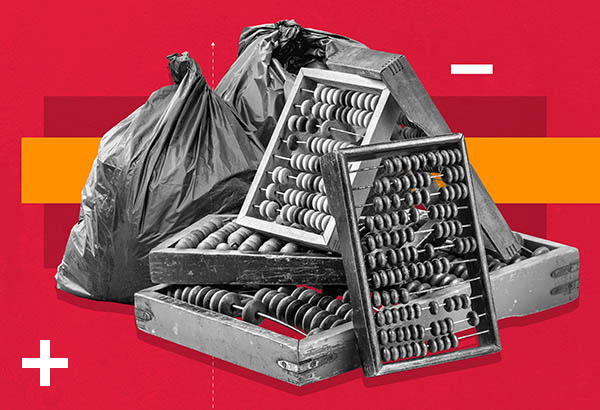“If we don’t harness markets to deliver the 2015 Paris Agreement and continue with business as usual, the long-term consequences will likely lead to economic collapse in some countries and migration to such a level we will see significant civil unrest and mounting geopolitical tensions,” says Steve Waygood, chief responsible investment officer at Aviva Investors. “The likely erosion of value could be in the tens of trillions of dollars, but transforming finance now can help avoid those losses. In that sense, it’s a colossal insurance plan.”
As a stark example, a 2019 report by thinktank RethinkX on the future of food and agriculture forecasts exponential disruption to US beef and dairy markets. The kind of technology needed to meet the Paris goals, such as lab-grown alternatives to meat and dairy, could reduce the revenues of the US beef and dairy industries and their suppliers, which together exceed $400 billion today, by at least 50 per cent by 2030 and by nearly 90 per cent by 2035. Livestock and commercial fisheries are predicted to follow a similar trajectory. This will ripple through the value chain, from farmland value to demand for animal products.
But there is a more positive flipside.







